
Heartbreak doesn’t just hurt, but it often feels downright insurmountable. So many questions come along with our pain: How can I move on? How can I get through this? Will I ever feel better?
It’s an unfortunate truth that heartbreak in any form, whether a mild rejection or a full-blown life-changing trauma, can propel us into an emotional tailspin. Just getting through the day can feel like: I don’t understand anyone around me, and now I don’t even understand me.
Other self-imposed questions tend to interrogate us. What did I do wrong? Can I ever fix this? Why am I such an idiot? Questions like these prance through our minds as if they own the place, and can take a toll on our emotional and spiritual health. It’s hard not to let these post-traumatic emotional experiences negatively define our character. That’s what I want to address today.
Sometimes, as evangelical Christians, we fear our emotions – as if to allow for emotion is to be less than a devout follower of Christ. But the Bible reveals a Triune God who is rich with emotionality. As we unpack the New Testament, we discover a Holy Spirit who not only manifests rich emotions Himself – but who is given to every believer so that we may enjoy a profoundly significant emotional life. Our emotions are closer to us than air, and must not be avoided. Being created in God’s image is not just the impetus for our ability to think and to reason – but it’s also the impetus for our ability to feel. Since we can’t (and shouldn’t) run from our feelings, we must deal with them in a Christ-honoring way. Since God has given us emotion, He has the power to heal our damaged emotions (and our unhealthy emotional reactions). We can trust Him for this.
When it comes to our true identity, if we attempt to re-define ourselves, we will self-destruct. But if we will embrace our identity IN CHRIST, we will be on the road to real recovery.
IN CHRIST, who are we?
- We are God’s friends (John 15:13-15). As I offer you each of these truths for your contemplation, my hope is that you’ll look up each text, and meditate on its glorious applications to your own emotional well-being. Ask the Holy Spirit to help you delight in these realities as personally applied to you!
- We are new creations (Second Corinthians 5:17).
- We are children of God, reflecting His own character, nature, and love (Ephesians 5:1-2).
- We are forgiven and free, even in our suffering (Romans 8:15-17).
- We are saints. Our lives have been divinely set apart for holy purposes (First Corinthians 1:2).
- We are recipients of wisdom and righteousness and sanctification and redemption (First Corinthians 1:30-31).
- We are Christ’s brothers and sisters (Hebrews 2:1-12).
In terms of our identity, that’s only a start. But it’s a good one.
So here are our steps so far:
FACE YOUR FALLENNESS.
SPEAK YOUR SADNESS.
And today we’re adding:
IGNITE YOUR IDENTITY.
We’ll pick up there next time. As always, I am grateful for your many contributions to my life – and to my own understanding and enjoyment of my identity IN CHRIST.
Pastor Charles










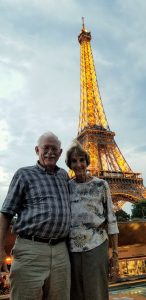

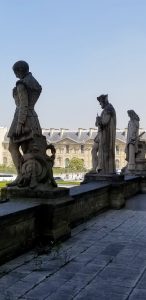




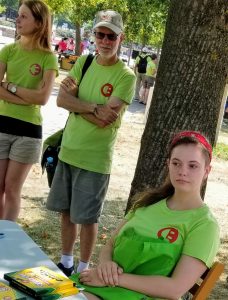









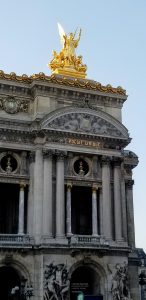


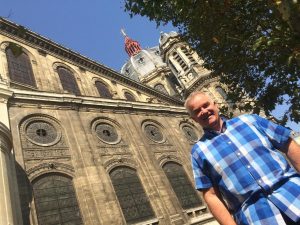

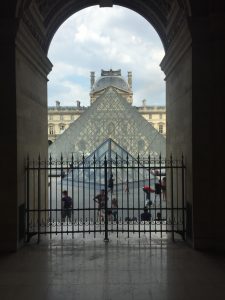


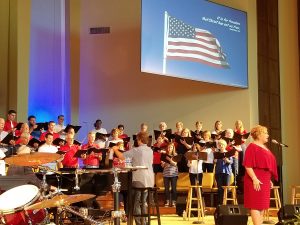
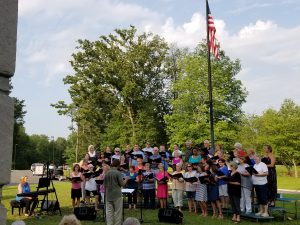
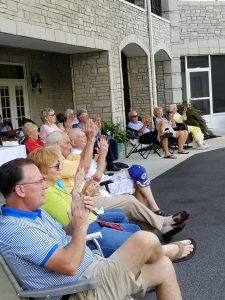



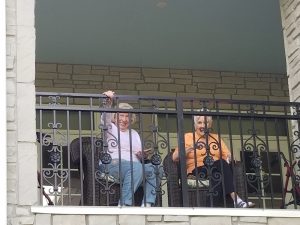
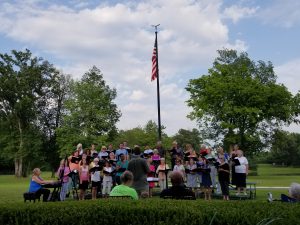
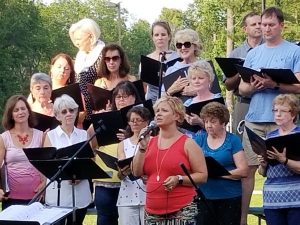
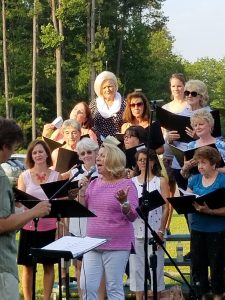
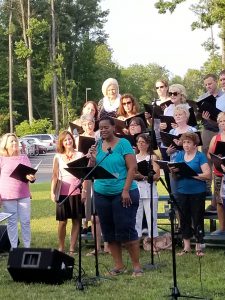


Recent Comments